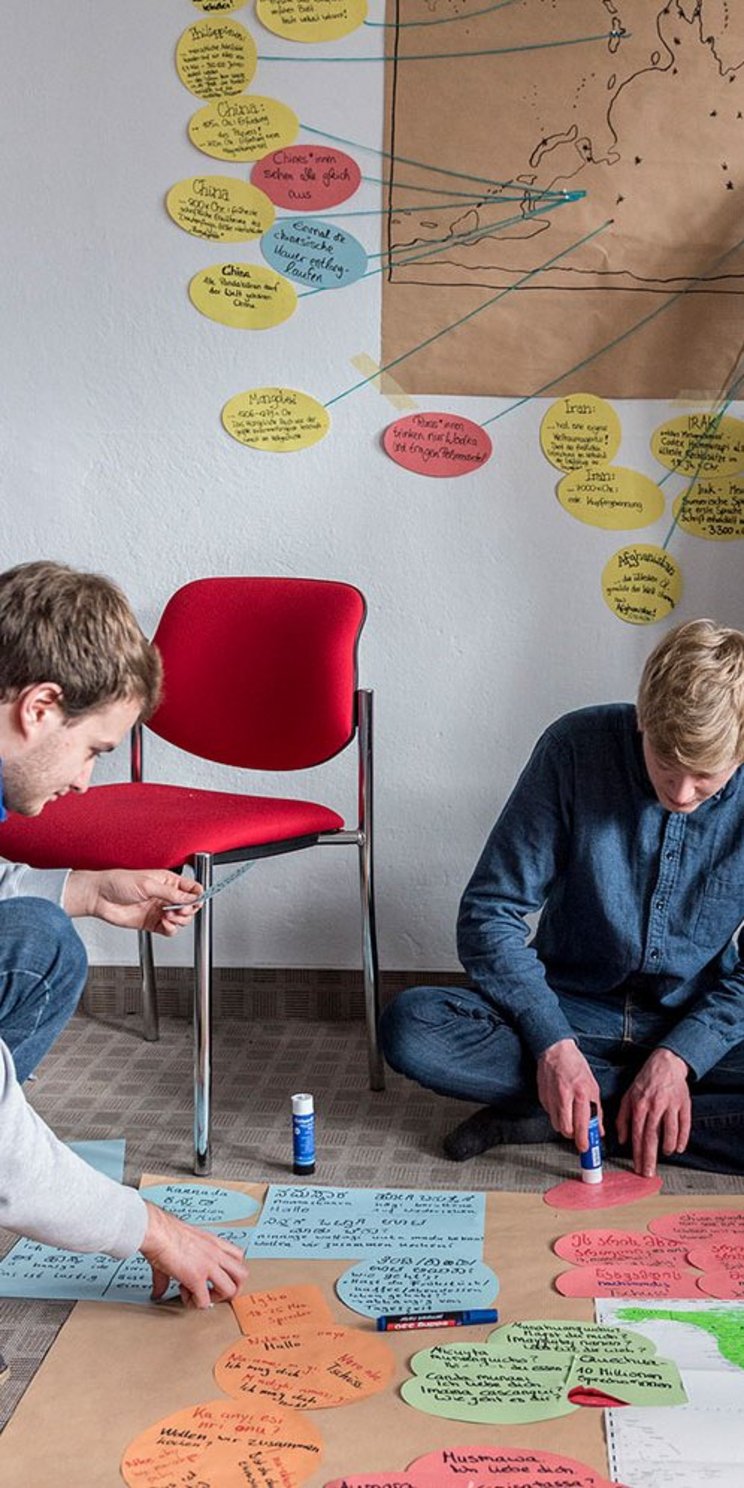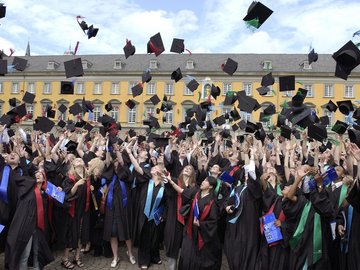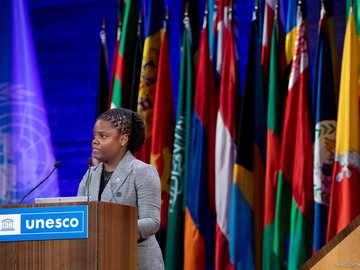
UNESCO is committed to ensuring that everyone is provided high-quality, inclusive and equitable education, regardless of their origin, biological or social gender, impairments, socio-economic status or other characteristics. External link:This includes ensuring access to education, improving the quality of education and promoting lifelong learning. Our goal is to create the conditions for a more equitable and peaceful world through education. The global community has affirmed its commitment to this goal in the 2030 Education Agenda.
The 2030 Education Agenda was adopted in 2015 to “ensure inclusive and equitable quality education and promote lifelong learning opportunities for all” by 2030 (https://sdgs.un.org/goals/goal4External link:)
UNESCO is responsible for coordinating the implementation of the 2030 Education Agenda and reporting on its progress in the annual Global Education Monitoring ReportExternal link:. The 2030 Education Agenda is outlined in Goal 4 in the United Nation’s 2030 Agenda for Sustainable Development, more commonly referred to as the ‘Sustainable Development Goals’
Education for all
Inclusive education entails taking the talents and needs of each individual into account, creating the conditions that allow all learners to learn together and providing individual support to everyone so that they can attain their full potential. Every person has the capacity to learn, and each one of us has unique characteristics, interests, abilities and learning needs. Inclusive education embraces this view and places special emphasis on those learners who are at risk of being marginalised or have special needs. In other words, education for all means that we all benefit.
Quality education
The 2030 Education Agenda promotes high-quality education for all. For UNESCO, this means a holistic education that encourages the acquisition of relevant knowledge, skills and values, and which enable people to shape their future in a more equitable, sustainable, healthful and peaceful manner. This guiding principle is based on the UNESCO Recommendation on Education for Peace and Human Rights and Sustainable Development, officially adopted by the international community in 2023.
Lifelong learning
The human right to education begins at birth and continues throughout one’s entire life. Learning doesn’t only happen in daycare facilities, schools, universities or vocational colleges, but also at the workplace, in the family or during one’s leisure time. Lifelong learning is a recognised objective of the 2030 Education Agenda, and UNESCO consequently fully supports the human right to lifelong learning.
Global Education Monitoring Report
With its Global Education Monitoring Report, UNESCO assesses the global progress achieved each year with regard to implementing SDG 4 and the 2030 Education Agenda. In addition, the report addresses varying key issues each year. The most recent Global Education Monitoring Report of 2023 examined the use of technologies in the educational field.
Focuses of the German Commission for UNESCO
The German Commission for UNESCO plays a key role in implementing UNESCO’s educational objectives in Germany. It advises policymakers during negotiations on educational concepts and international education cooperation, e.g. ahead of global conferences on education policy. In close dialogue with the research sector and civil society, it supports further conceptual development of educational policy and utilises obtained findings in its efforts to ensure that the education goals of UNESCO have the greatest possible impact in Germany. Its main areas of focus are education for sustainable development, inclusive education and open educational resources.


